Whether you’re a dog or cat owner, there is one thing we can all agree on: picking up after them is the least fun part of owning a pet. But it’s inevitable, and as owners, many of us rely heavily on using plastic bags as a way to dispose of waste. With Canadians owning a combined total of 16.5 million cats and dogs, this can equate to a lot of plastic.
It’s not all the fault of pet owners though. Plastic is one of the cheapest and easiest products to produce, and a quick Amazon search shows that a pack of 900 plastic pet bags, which comes with a leash clip, sells for $22.99, while Pawsitive Solutions sells their certified compostable waste bags for $34.99 – and it’ll only get you 360 bags.
Do we have solutions as pet owners? Absolutely! And with many countries now refusing to take any more plastic waste from Canada, it’s better to start looking at solutions sooner rather than later.
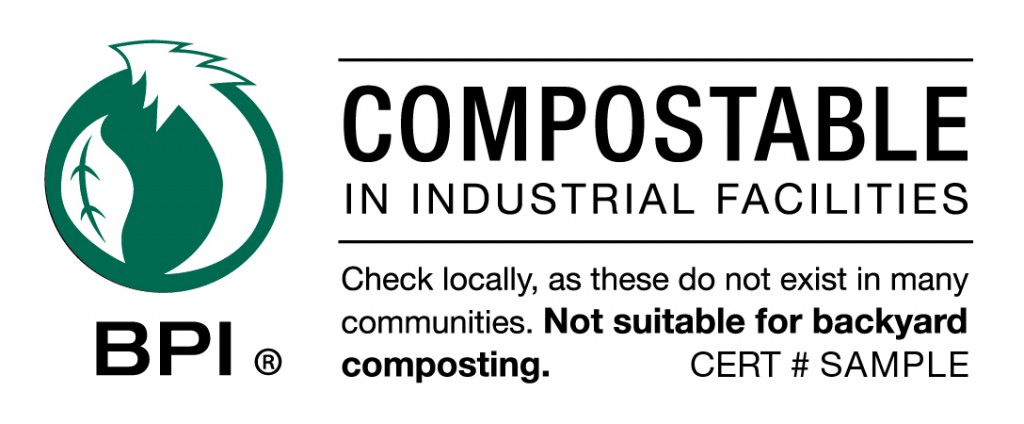
So why exactly are compostable bags more expensive? Is it worth the extra price?
A lot of time and research goes into developing compostable bags, which must act like plastic – strong but pliable, light but sturdy – without actually being, well, plastic. Many companies that are creating these products are concerned with other environmental factors too: if you’re not using plastic, what other material should you use, and can it be used in a sustainable manner?
On top of that, products that are truly compostable, and that carry the Biodegradable Products Institute (BPI) certification logo, must meet their standards to truly be labelled a compostable product. Terms like “environmentally friendly” or “green” are not certified, and can be used freely by companies as a marketing tool for their products. A product with the BPI logo must pass rigorous testing, and be able to break down in under 12 weeks. On top of that, costs are paid towards your BPI membership, having the product certified, and having your product recertified every 3 years. All of this ends up adding to the final cost.
So while compostable bags certainly are more expensive, we can rest assured that we are paying for a product that will work as advertised, and will add far less stress on our planet. You can check out the BPI website for more info.
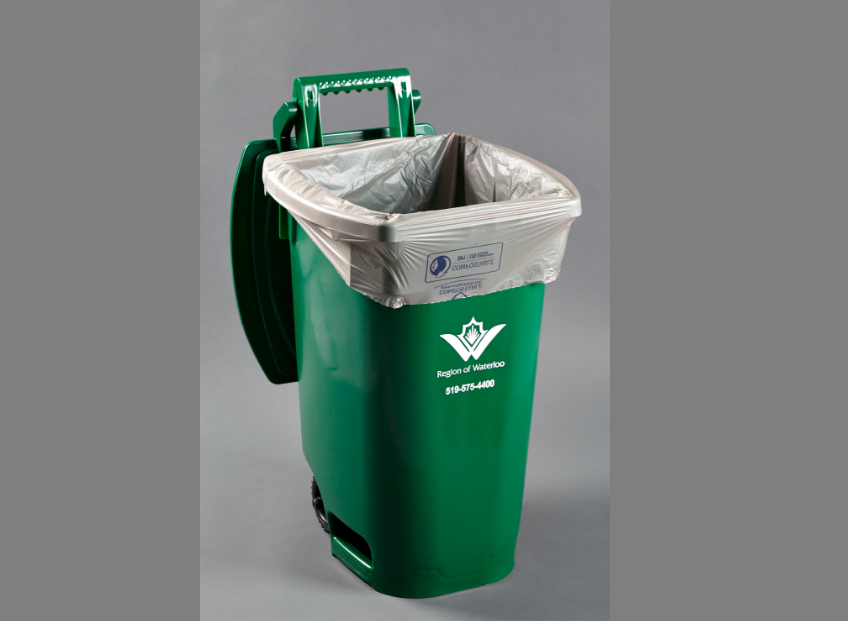
Luckily for us, Kitchener-Waterloo has an amazing green bin program, with green bins being collected every week!
Compostable bags work hand-in-hand with the green bin program, and allows us to dispose of our cat and dog waste in an environmentally friendly way. The compostable waste is then processed at the City of Guelph’s Organic Waste Processing Facility, where it is then screened and tested to meet quality standards, before being sold back to local farmers.
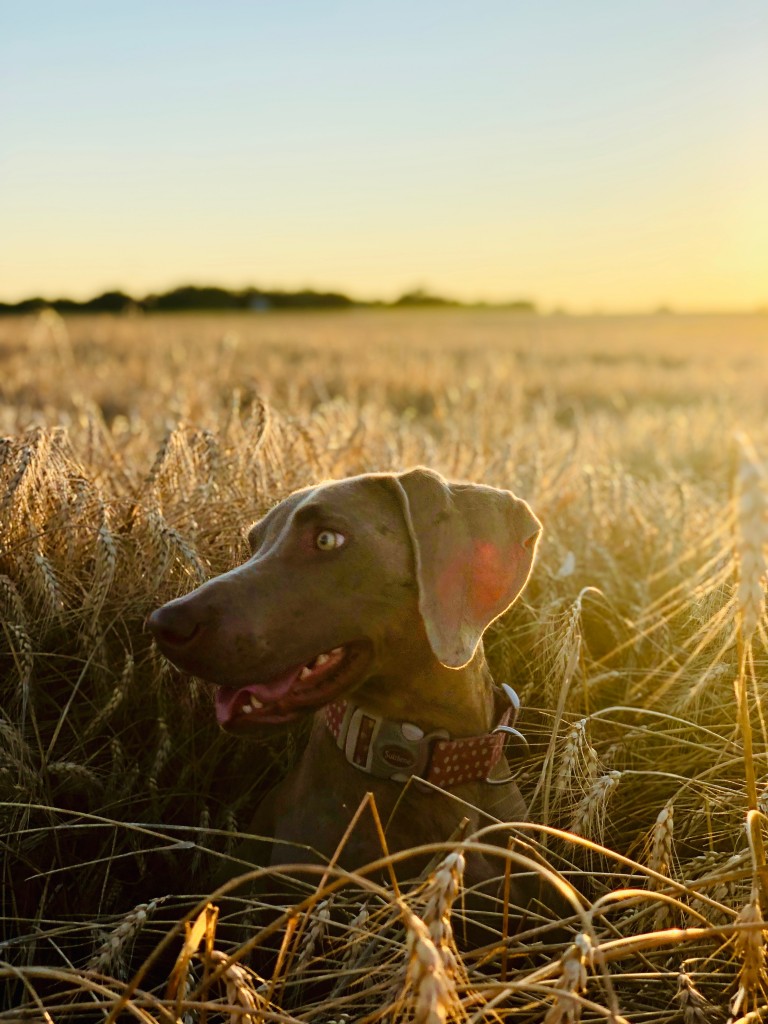
Burying it in your backyard using a digester is a viable option in the KW area as well, as long as certain bylaws are followed. Keep in mind, though, that the Region of Waterloo doesn’t recommend using digested material made with pet waste in your vegetable or herb garden.
Here’s a fun fact: Waterloo is a part of a program that converts dog poop to useable energy!
We actually covered this in a previous blog post back in 2017, but here’s a little reminder and update on how the program is doing!

These green receptacles are a part of a program that started in May 2017, which converts dog waste deposited inside into a biogas that can be burned for energy. Anything else that’s unusable gets turned into fertilizer. In 2018, ten tons of dog waste was diverted away from landfills to the Elmira plant through this program. So keep an eye out for these receptacles on your walks, and keep your dog’s waste (and the plastic bags) out of public garbage cans!
And if you’re not squeamish, you can always just flush it.
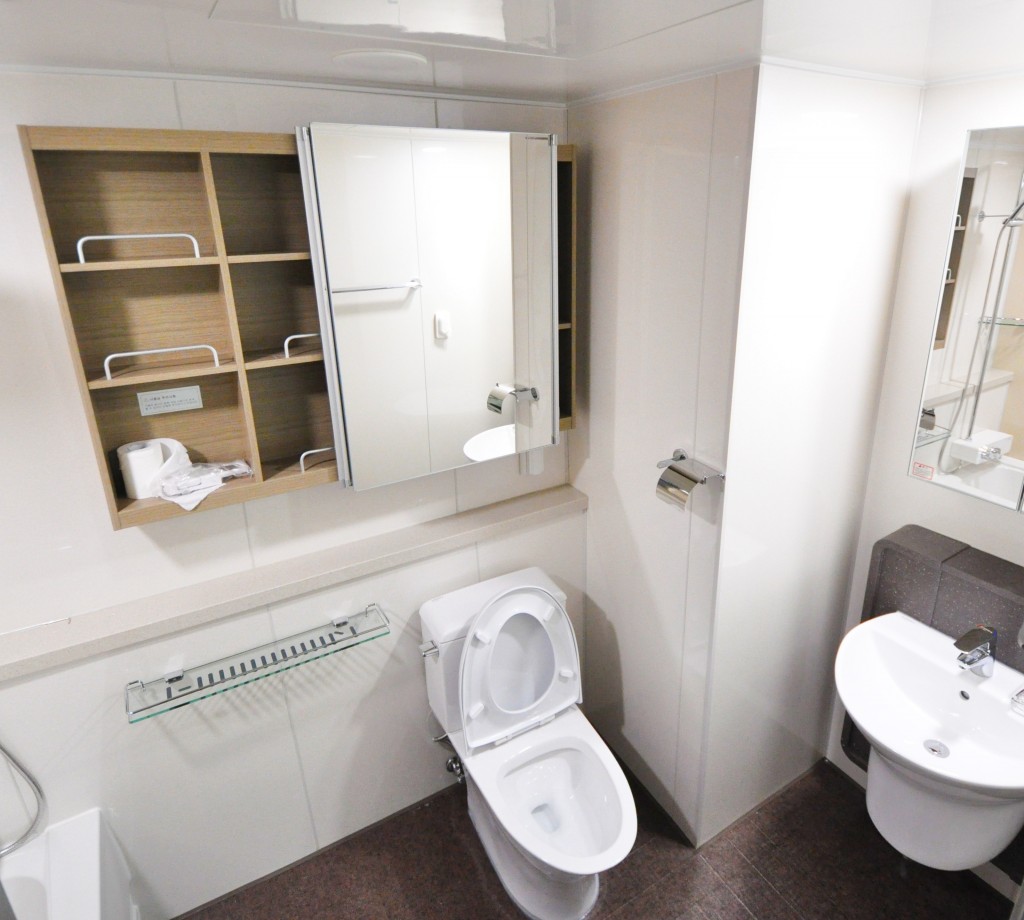
Not all wastewater treatment systems can handle pet waste. Dog waste can carry parasites, and of special concern is cat waste, which has the potential to carry the parasite, toxoplasmosis, which is especially dangerous for pregnant women. The Region of Waterloo’s wastewater treatment system is designed to handle animal waste. Just keep in mind not to flush cat litter down the toilet, even if you’re using a natural product, to avoid clogging your pipes!
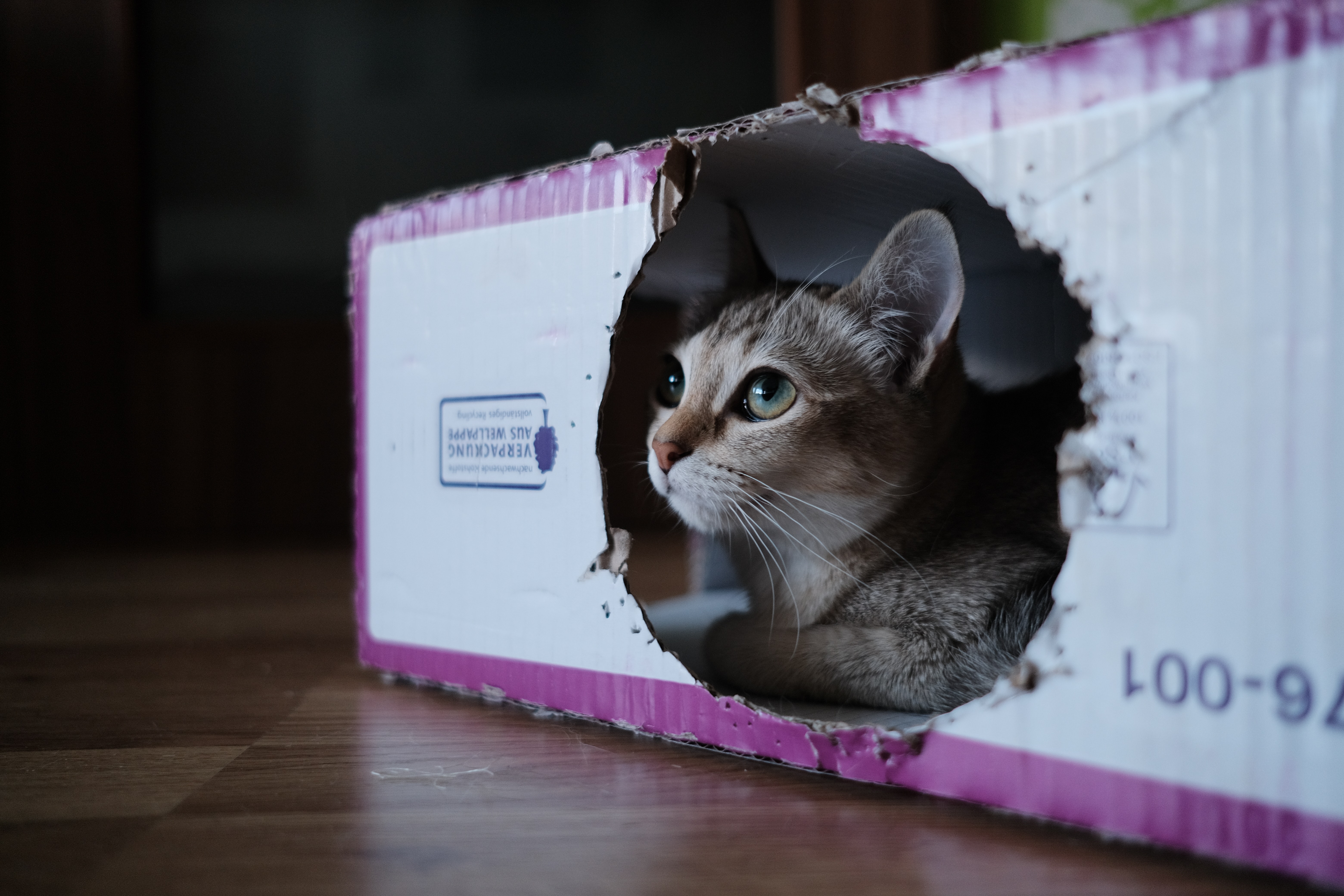
So that’s the scoop on poop! The KW area has a surprising number of solutions for pet owners to discard of their pet’s waste in a safe and environmentally friendly manner; it’s up to us to join in.
How do you get rid of your pet waste? Let us know in the comments!
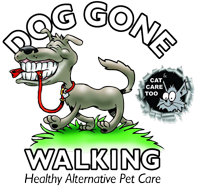
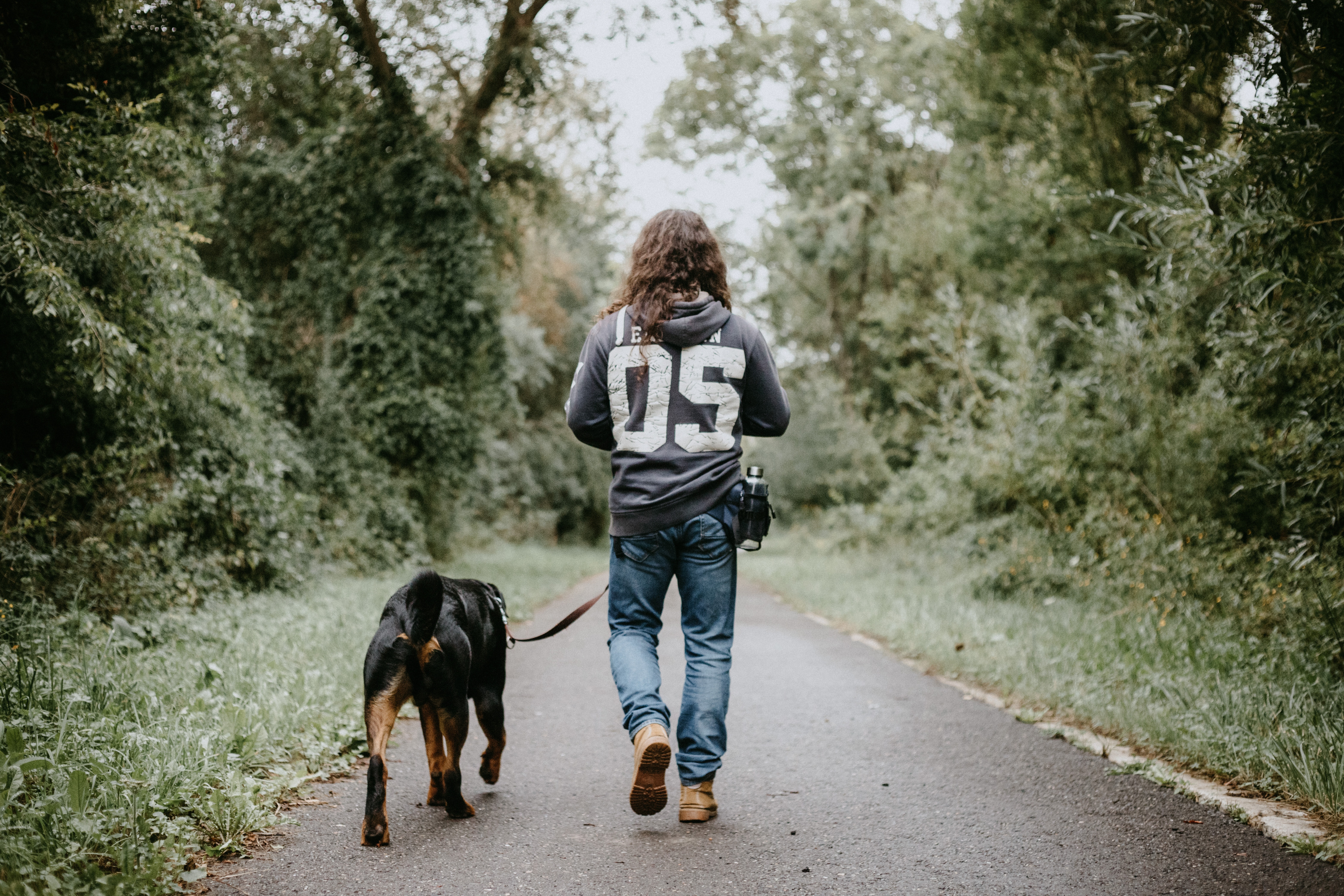
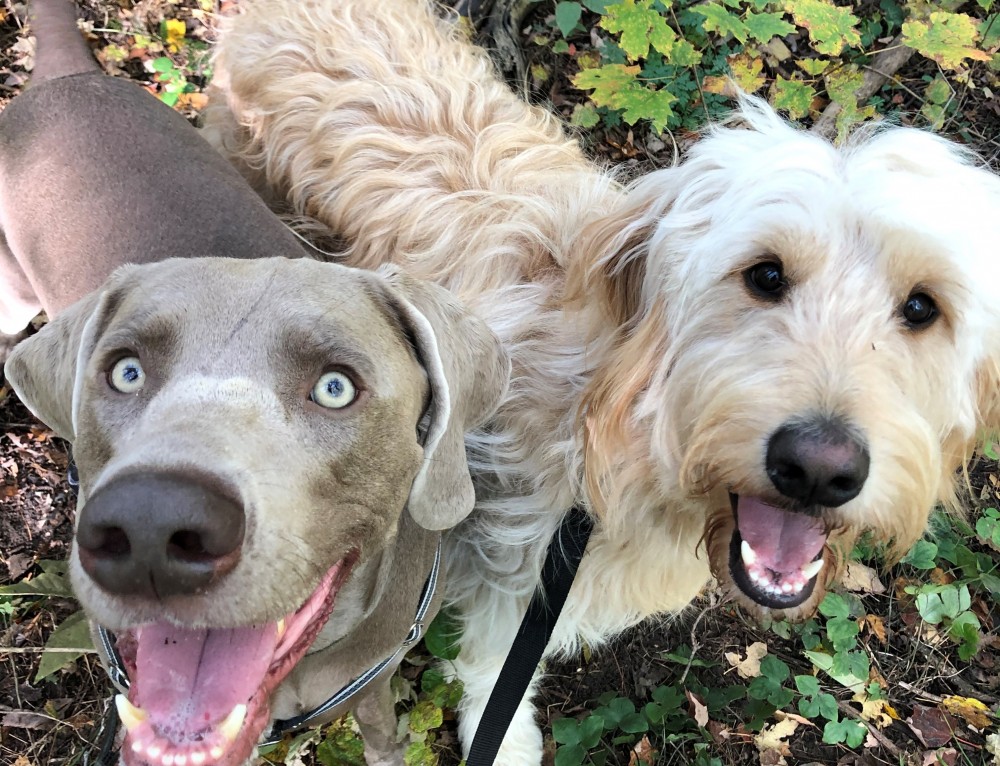
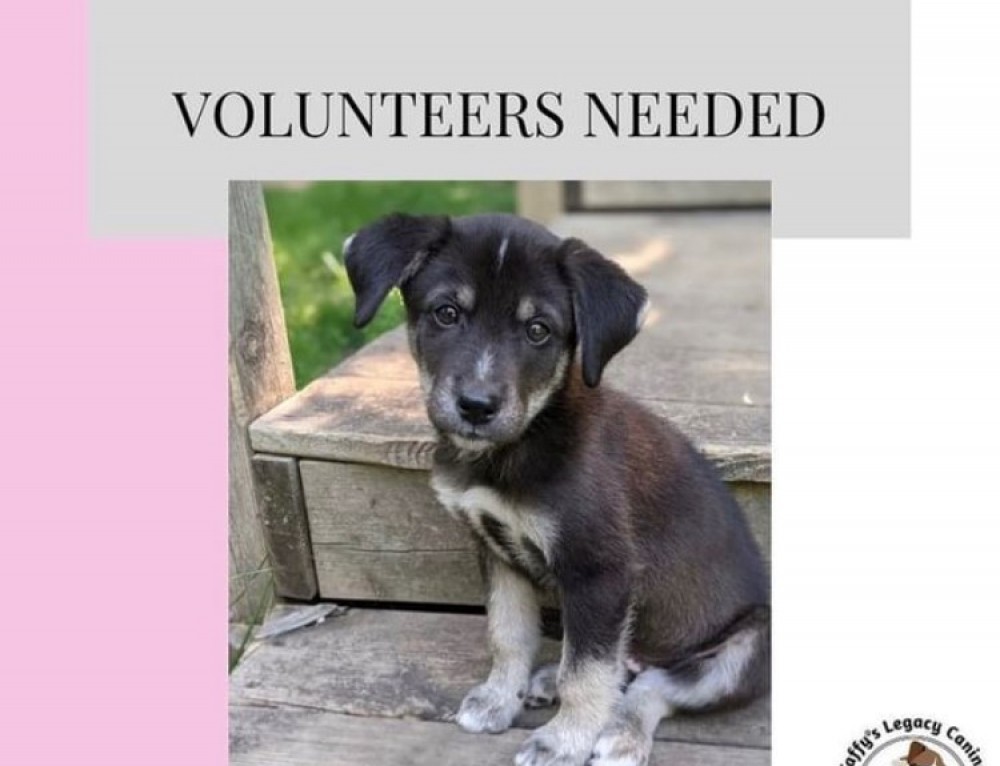
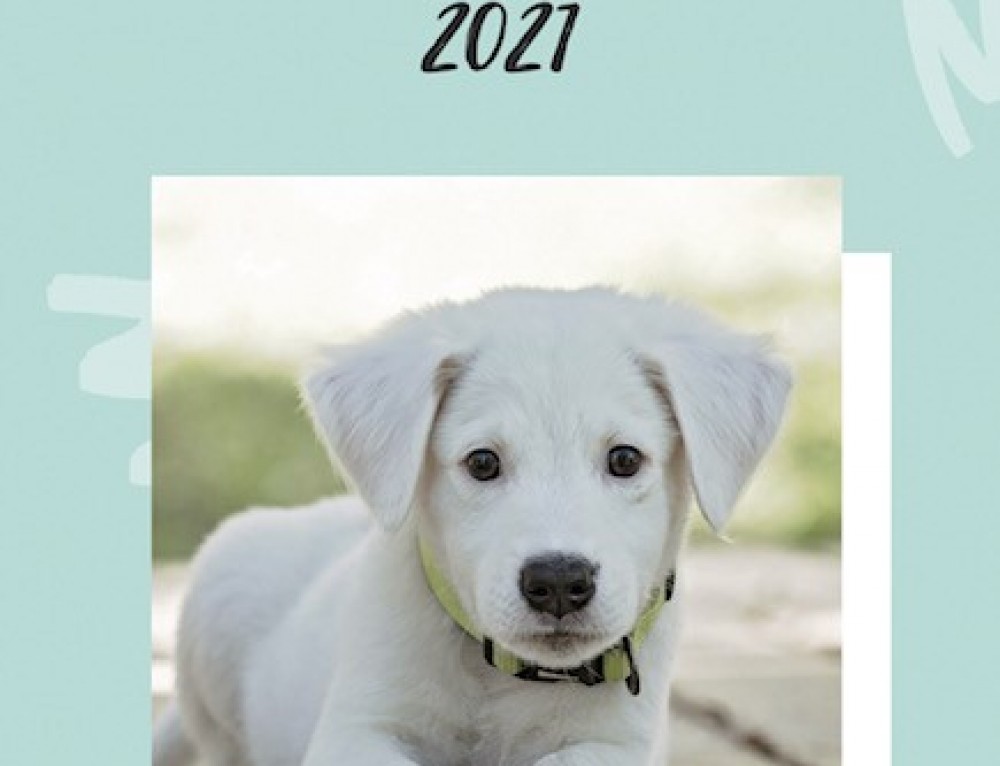
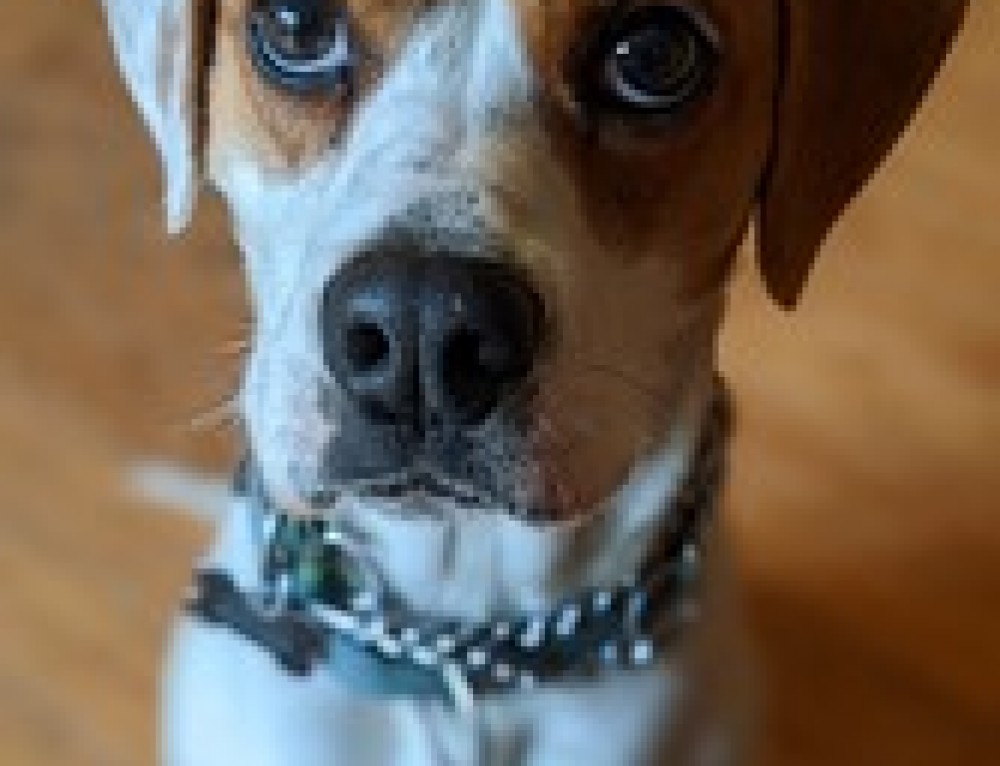
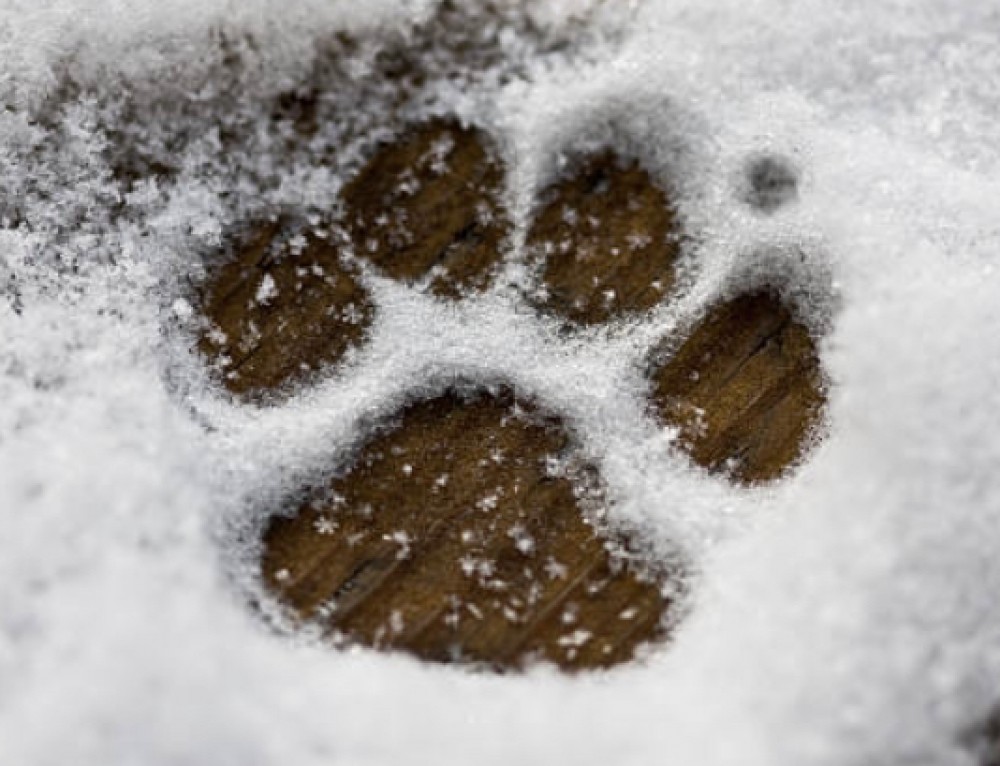
Leave A Comment
You must be logged in to post a comment.